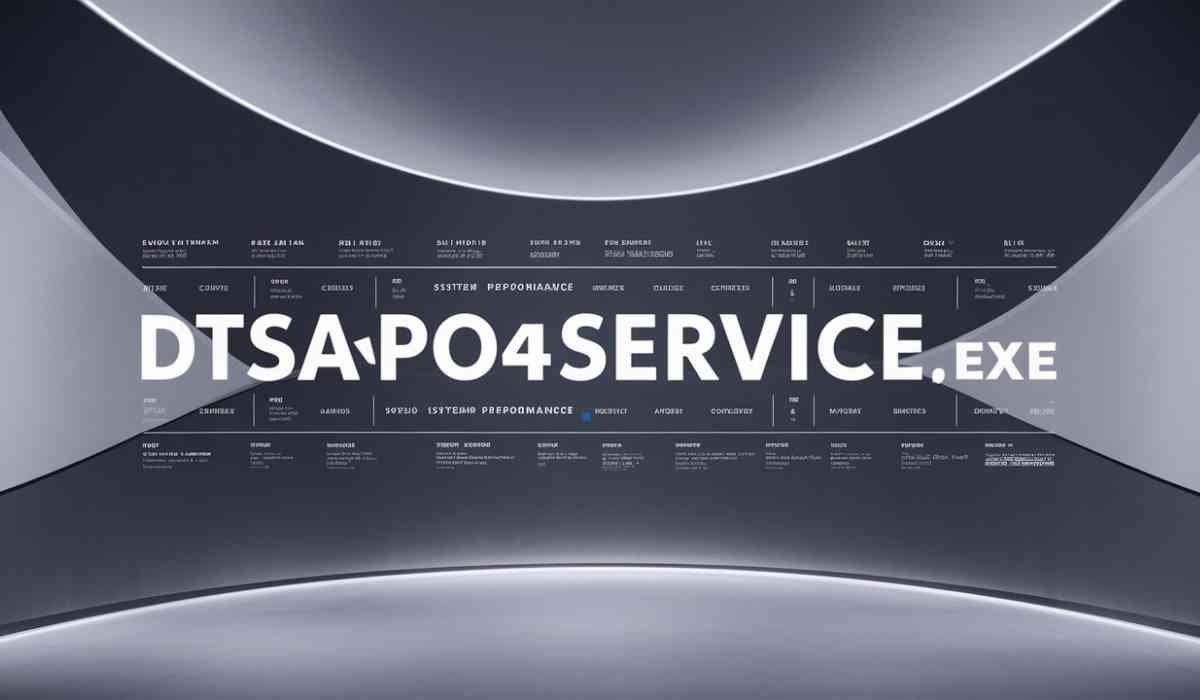Today, time and accuracy are critical to achieving business goals. Automated RFP response process through the use of Artificial Intelligence (AI) is an excellent way for companies to minimize costs, increase operational efficiency, and improve the standard of their proposals. In this case, we will analyze how artificial intelligence is helping companies make more money and what these changes mean for the RFP process in the future.
How AI Optimizes the RFP Response Process
According to SEQUESTO, the development of artificial intelligence technologies in the organization of responses to RFPs enables companies to handle repetitive tasks and redirect their efforts to more important aspects of the proposal. By automating the analysis and preparation of personalized responses, they can also respond to RFPs much faster and with more accurate solutions.
AI can help significantly reduce response times by reviewing hundreds or even thousands of pages of documents in minutes. It also reduces the risk of human error, increasing the chances of winning every time.
The Economic Benefits of Implementing AI in RFP Responses
Introducing AI into the RFP response process can significantly reduce costs and improve business profitability. Here are some economic benefits:
- Cost efficiency. Many, if not most, of the tasks in the process can be automated, allowing employees to focus on more important and strategic issues. This results in improved labor efficiency.
- Labor cost reduction. AI can alleviate the work that required the employment of many human resources, allowing companies to reduce the number of employees dedicated to researching and writing proposals.
- Greater precision. AI technology can improve the quality of proposals in terms of minimizing errors, avoiding the embarrassment of losing a bid due to incorrect figures or failure to meet standards.
- Improved proposal creation. AI helps gather all relevant information and present it in the right order to increase the chances of winning each bid with the most attractive and customized proposals.
- Rapid scaling. The use of such systems results in a higher degree of processed tenders, which is very crucial, especially for companies that have to engage in numerous bidding activities.
As I mentioned earlier, the use of AI in response teams, or more specifically in the RFP response process, brings many benefits to companies in terms of workflow optimization and cost reduction. However, it is not only about saving resources, but also about improving the quality of proposals, eliminating errors, and responding more effectively to customer needs. I predict that companies that incorporate artificial intelligence into their RFP response strategies will have a significant competitive advantage in the future.









